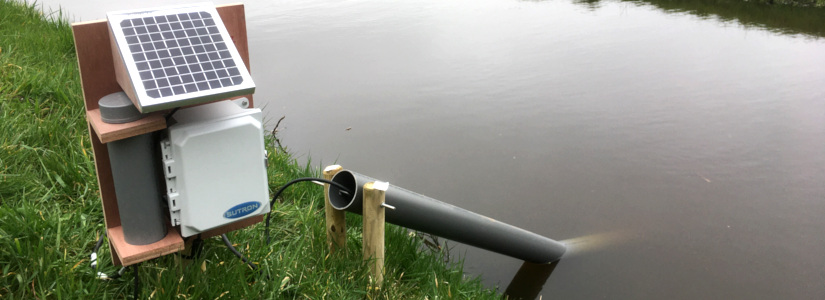Wastewater discharge
In the Netherlands we apply the rule 'the polluter pays'. This means that we have to pay for the disposal of waste water. The waste water to be discharged into surface water or the sewerage system must meet increasingly stringent chemical boundary conditions.

Pollution of surface water
The temptation to discharge illegally is therefore increasing. Water boards often only establish after the treatment that chemically contaminated water has been discharged. This can have serious consequences for the bacteria necessary for the purification process.
It even happens that a purification system comes to a complete standstill due to pollution. To prevent this, water boards are increasingly deploying mobile detection equipment, in which they monitor the quality of the surface water on the basis of a limited number of parameters. If the equipment indicates that the water is contaminated, a sample can be taken automatically if necessary. It is possible to track the pollution on the basis of these data.
Sewage overflow
In case of illegal discharge into the sewer, these systems are also used in sewer systems. Because the intensity of the showers increases in the summer, it is not always possible to prevent the sewage system from discharging into the surface water via an overflow construction.
To monitor the effect of such a discharge on the water quality of the receiving water, small mobile systems are needed that monitor, for example, the oxygen content and the turbidity at a number of locations near the overflow. This gives us insight into the effect of an overflow. In this way it is possible to intervene in time in case of imminent calamities such as fish death due to oxygen shortage.
Measure water quality
We work with our customers to develop suitable solutions for any water pollution challenge.




